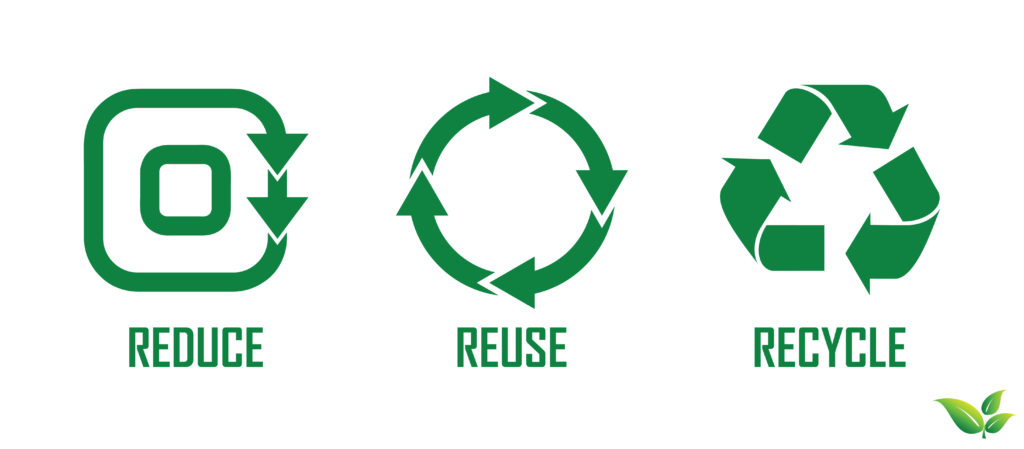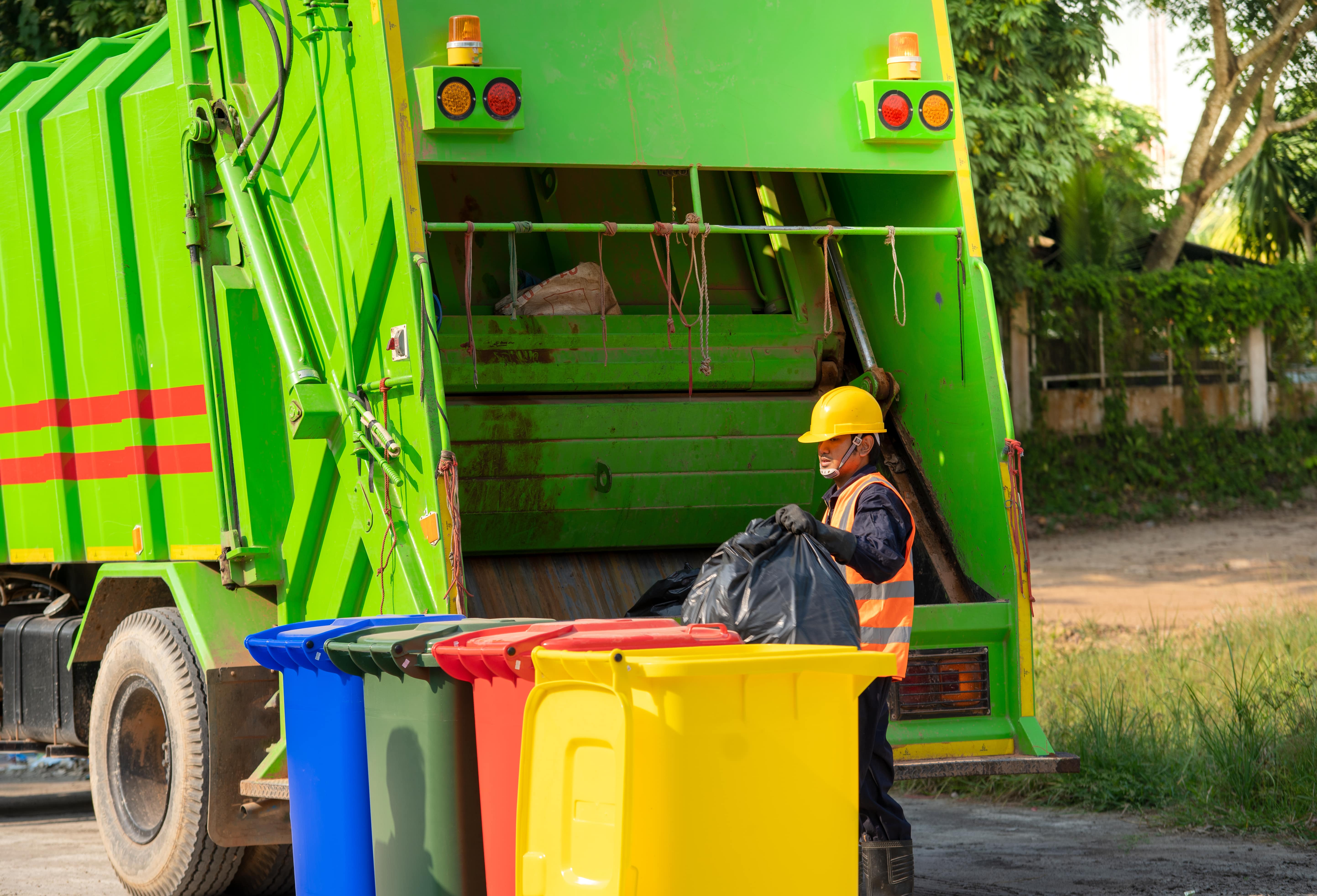You’ve most probably heard reports of businesses being fined millions of dollars for violating waste disposal regulations. And these reports may remind you of the weightiness of waste management for your business.
Aside from legal compliance, proper waste management helps your workplace stay clean and healthy. The result is improved productivity for you and your workers. That said, here are some waste management best practices you can implement in your business:
1. Reduce, Reuse, Recycle
These are known as the 3Rs of waste management. They’re the very first things to master when looking into how to deal with the trash you generate on your business premises. Here’s a detailed breakdown of the three:
- Reduce
This principle suggests the need to cut down the volume of waste you produce. You can achieve this by using only the things you need. For example, you’d want to ask suppliers to cut down on the packaging they use on the products they sell you. You understand that packaging material makes a significant bulk of the business waste.
As long as the integrity of the supplies isn’t compromised, some excess packaging can be done away with. For example, you can go for packaging that’s made from post-consumer waste or with non-toxic materials.
- Reuse
Opt for reusable items instead of single-use ones. As an illustration, if you serve food in the workplace, it’s better to have utensils that you can wash and reuse rather than using disposable ones. This significantly reduces the negative impact of single-use plastics on the environment.
- Recycle
After employing appropriate reducing and reusing measures, you might still remain with waste to dispose of. Before taking anything to the landfills, you must assess whether any waste is recyclable. Waste, like paper, corrugated cardboard, plastic containers, glass, plastic bags, wood products, metal cans, and textiles, can be broken down and converted into new products.

2. Partner With Waste Disposal Companies
In line with the above point on recycling waste, the most convenient approach is to partner with a reliable garbage removal company, such as dirtcheaprubbishremoval.com.au/sydney/eastern-suburbs/, or other similar ones around your locality. These firms collect trash from your premises and transport it to recycling centers.
To this end, you must separate your business waste into different trash cans. You can put food waste in one trash can and have other containers for plastic, glass, and scrap metal waste. Each of these goes to its respective recycling center. By segregating, you’ll simplify the sorting process for waste.
It also pays to confirm how frequently your selected firm removes garbage from your workplace. The more regularly they do it, the better, as you wouldn’t want to bear the unsightly pile-up of waste at your company.
Besides, having a clean and healthy office space gives the impression that you’re a responsible leader who cares about the environment. This kind of good image may even strengthen your customers’ loyalty to your brand.
3. Carry Out A Waste Audit
A waste audit is a detailed assessment of your business’s waste stream. It involves determining the exact waste generation points and the typical quantities of waste produced every day. Having such details is critical for the development of a waste management plan.
Ideally, it’s challenging even to sign a contract with a garbage remover if you don’t know what type of waste you produce and how much of it is generated. So, carry out a waste audit as soon as it’s convenient for you and use the findings to guide you through the rest of the waste management measures.
4. Educate The Staff
You, as a business manager or owner, might have an optimistic outlook on your business’ waste management policies. But it’d be of no use if your team members had no idea of your vision. Indeed, they’re the ones who generate the waste as they go about their daily activities. Accordingly, they must be part and parcel of any new waste management plans you intend to implement in your business.
Hence, it’ll be great to make arrangements to train them on what exactly is required of them. And aside from the technicalities of waste segregation, make sure you educate them on the benefits of adopting the measures. This way, they’ll be aware of what to do and encouraged to do their part in protecting the environment.
5. Adopt Proper Signage
Sometimes, your team members may be willing to help in your business’ waste recycling efforts but are let down by the lack of proper signage. If the trash cans aren’t clearly labeled, your workers will have difficulty interpreting where each kind of scrap should go. Therefore, ensure all the containers are labeled in a legible and highly visible font so that no one is left guessing.
Conclusion
Adopting the above waste management best practices is critical for your business. It allows you to be compliant with local government regulations regarding waste disposal. A clean workplace also improves workers’ productivity and safeguards their health and safety. Furthermore, cleanliness boosts your brand image. Thus, implement them to the best of your ability and reap the benefits.




